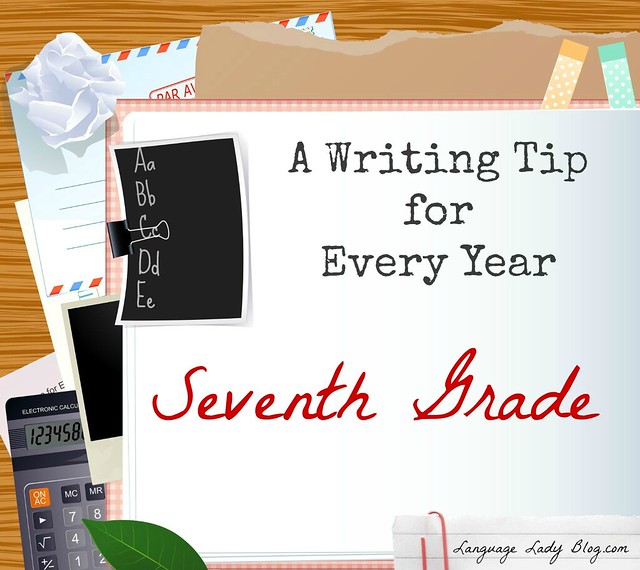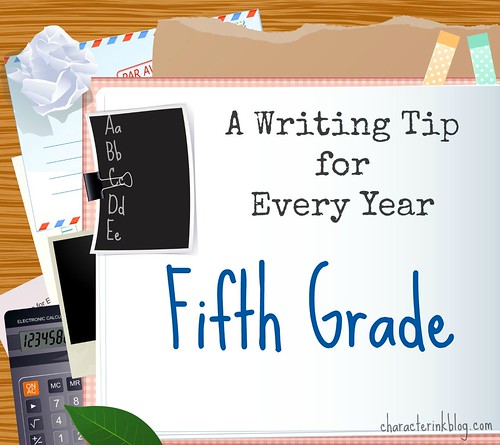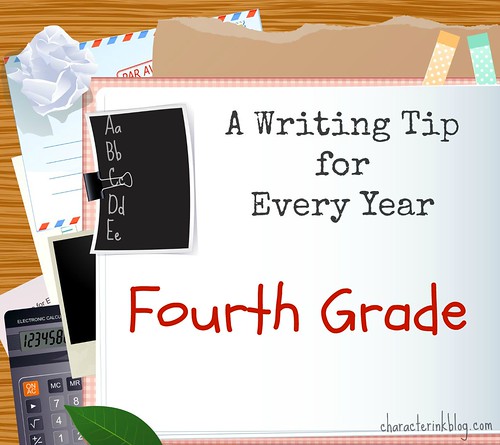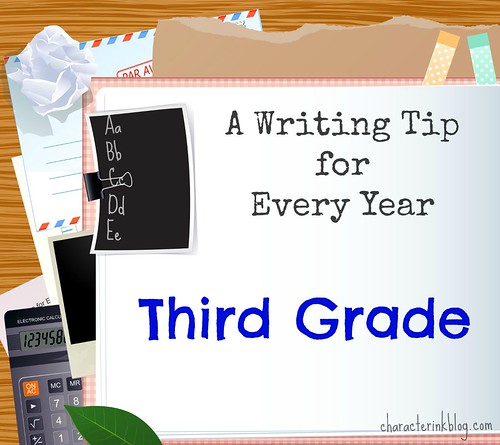by Donna | Nov 27, 2015


TWO CHOICES in “CLEP-ping”
(1) ALL (or nearly all) of a degree earned through CLEPs
(2) CLEP in lieu of taking courses in your degree (to save time and money)
ALL CLEP (or Nearly All) Considerations
1. Super great study skills/tester
2. Doesn’t mind having a less “distinguished degree”
3. Is getting a less specialized degree (more liberal arts/humanities/social
work/history/psychology, communications, etc.)
4. Can save TONS of money (especially over living on campus and getting a degree)
(more…)
by Donna | Nov 25, 2015

Donna Reish, of Character Ink Press and Raising Kids With Character, brings you this episode about CLEP testing for college credit. Donna describes the two primary reasons for taking CLEP (College Level Equivalency Program) tests: (1) To test out of an entire degree (or most of it); (2) To earn college credit towards a degree that the student will be pursuing or is pursuing. She explains the steps her family has gone through to use the CLEP for both approaches (as some classes toward a nursing degree, for 3/4 of a degree, and for all of a degree except for two classes for which there were no tests available). She then details the steps you will want to go through to get the most out of this college testing option, focusing on how to decide if a student would be a good CLEP candidate, how to choose the exams to take, and how to prepare for the exams.
(more…)
by Donna | Nov 19, 2015

Seventh Grade: Teach your student to apply his grammar learning to writing.
While my students often groan when they are told to mark the Checklist Challenge for that week’s homework assignment, they know (and I know) that it really does help. A student just told me this week that her sister had her scan and email her a copy of her Checklist Challenge to use in college—because she had used our CC for every writing project and knew how helpful it can be in revising writing…..
Click here to read more→
by Donna | Nov 5, 2015

Fifth Grade: Teach students that a paragraph is a unit of thought.
Paragraph division is a difficult concept for students, especially when you don’t teach a paragraph as a unit of thought early on. This week’s tip teaches my strategy for making sure that kids beginning with their very first paragraph understand that a paragraph is a unit of thought.
by Donna | Oct 13, 2015

Third Grade: Use a Question and Answer Template to teach this age group how to write a paragraph.
One of the biggest obstacles facing young writers is that we often do not teach them how to write. We have writing idea books galore. We study a topic in social studies or literature, and we tell our student to “write about it.” Even when we give a topic (“Write a paragraph about your dog”), a third grade student (okay, third grade boy!) will often say, “I don’t know what to write.”
(more…)









